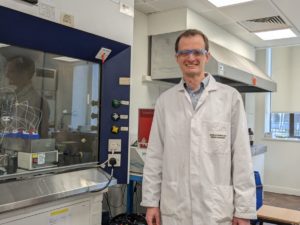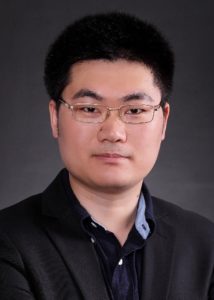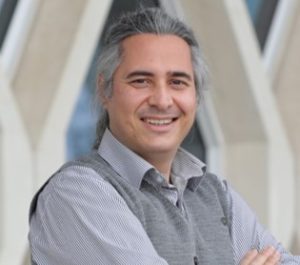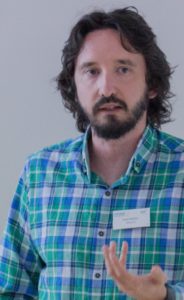Read Ezgi’s Emerging Investigator article, ‘Catalytic co-pyrolysis of LDPE and PET with HZSM-5, H-beta, and HY: experiments and kinetic modelling – Reaction Chemistry & Engineering‘, DOI: 10.1039/D2RE00144F
1. How do you feel about RCE as a place to publish research on this topic?
As a researcher working in the field of reaction engineering and catalysis, having a platform as Reaction Chemistry and Engineering to publish our research enables to reach easily the interested audience and go beyond considering the interdisciplinary topics that RCE publishes as well.
2. What aspect of your work are you most excited about at the moment and what do you find most challenging about your research?
I’ve always been drawn to the intricacies of complex chemistries, whether they stem from the challenges at the reaction level—like activating and converting highly stable molecules such as methane—or arise from diverse feedstock sources like biomass and more recently, used plastics. The dynamic nature of these chemistries presents a multifaceted puzzle, and I’m exhilarated by the prospect of contributing solutions to comprehend and eventually control these processes.
One aspect that truly excites me is the current stage of our experimental capabilities. We’re now able to conduct experiments under precisely defined and controlled conditions, even for demanding solid-to-gas chemistries, and pair them with cutting-edge analytics. This technological leap offers immense opportunities for exploration and innovation in our field.
Additionally, the accessibility of data science tools is a significant advantage that I believe holds the potential to accelerate scientific progress. However, one of the most pressing challenges I encounter, not only in my own research but across the entire field, is effectively managing and ensuring the quality of the vast amounts of data generated. Achieving efficient data organization and maintaining data quality is paramount for leveraging the full potential of these tools and advancing our understanding.
3. Can you share one piece of career-related advice or wisdom with other early career scientists?
As scientists, we often gravitate toward challenging problems, and coupled with our high expectations, the journey can be inherently stressful, especially for those juggling additional responsibilities, such as being a professor. Through my own experiences, I’ve learned the value of maintaining an open-minded approach to regularly revising strategies. Embracing the whole process rather than fixating solely on the end result has been a crucial revelation.
My advice to fellow early career scientists is to acknowledge the inherent difficulty in our chosen paths and to prioritize adaptability. Embrace the journey, focusing not just on the destination but on each step along the way. Allow yourself the flexibility to reassess and refine strategies as needed, finding fulfillment in the learning process itself rather than being consumed by the pressure of achieving immediate results. Remember, it’s the iterative journey toward understanding and discovery that truly shapes our scientific endeavors.
You can read more about Ezgi’s research here: https://sites.psu.edu/toramanlab/
You can see Ezgi’s Linkedin here: https://www.linkedin.com/in/hilal-ezgi-toraman-0726a4133/


















